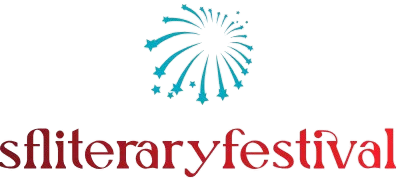Literature plays a crucial role in developing critical thinking skills by challenging readers to analyze, question, and engage with complex ideas and narratives. Here are some ways in which literature contributes to the cultivation of critical thinking:
Multi-dimensional Perspectives:
Literature provides readers with a range of perspectives, inviting them to think critically about different experiences, cultures, and points of view. It prompts readers to question their assumptions and prejudices, fostering an open-minded and empathetic approach to understanding the world.
Analytical Thinking:
Engaging with literature requires active interpretation and analysis. Readers must navigate through intricate plots, dissect character motivations, and uncover underlying themes. Literature encourages readers to analyze symbols, metaphors, and narrative techniques, promoting critical thinking skills such as inference, deduction, and interpretation.
Evaluating Information:
Literature encourages readers to evaluate the reliability and credibility of information presented within the story. By examining the intentions and biases of authors, readers develop the ability to critically assess the reliability of sources and information beyond the realm of literature.
Encouraging Reflection and Self-Analysis:
Literature often provokes readers to reflect on their own beliefs, values, and experiences. Through exploring the inner lives and struggles of diverse characters, readers are prompted to engage in introspection, critically examine their own biases, and consider alternative perspectives.
Seeing Patterns and Context:
Literature provides readers with interconnected narratives, themes, and symbols that encourage critical thinking about patterns, parallels, and contextual relationships. It fosters the ability to identify and analyze connections between literature and real-world issues, enabling a deeper understanding of the cultural, historical, and social contexts in which stories are situated.
Promoting Dialogue and Debate:
Literature sparks discussions and debates among readers, encouraging a deeper exploration of themes, moral dilemmas, and societal issues. By participating in book clubs or engaging in literary conversations, readers develop their ability to articulate and defend their viewpoints while remaining open to diverse interpretations.
Challenging Assumptions:
Literature often presents alternative perspectives, challenges societal norms, and questions established beliefs. By encouraging readers to engage critically with these differing viewpoints, literature helps break down assumptions and encourages intellectual curiosity and flexibility.
Developing Empathy:
Literature immerses readers in the lives and experiences of characters, fostering empathy and understanding. This ability to emotionally connect with characters enhances critical thinking by facilitating a more comprehensive understanding of complex human emotions, motivations, and moral dilemmas.
In sum, literature fuels critical thinking by engaging readers in thought-provoking narratives, promoting analytical skills, encouraging reflection, and cultivating a willingness to challenge assumptions. It empowers readers to approach information with skepticism, explore diverse perspectives, and think critically about the complexities of the human condition and the world we inhabit.




